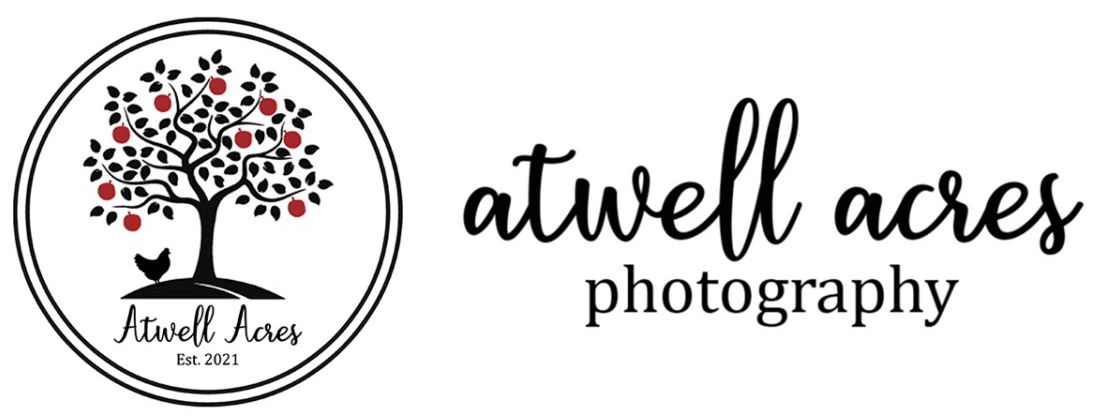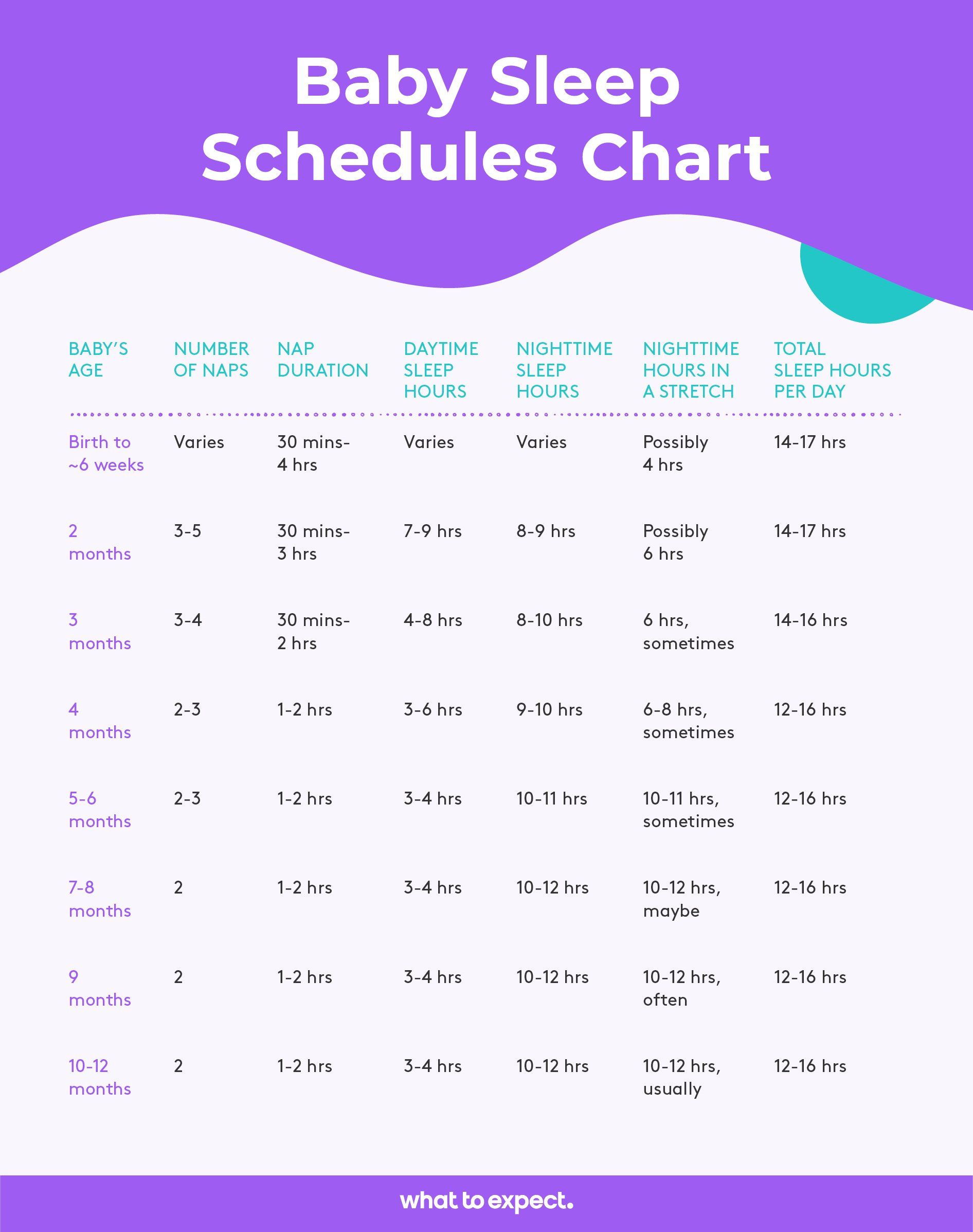How to Help Your Newborn Get into a Routine
How to Start a Newborn Routine | Boston Newborn Care Specialist
It may seem early, but getting into a routine with your newborn will make life easier and less stressful for both of you. When you’re a new parent, it’s normal for the lack of sleep to cause you to forget when your baby last ate or went down for a nap. Then, when your baby gets fussy, you’re scrambling to figure out if he’s bored, hungry, or tired. Establishing a gentle routine or schedule can remove the guesswork and get you and your baby into a good groove—and hopefully to more restful nights.
The first thing to note is that babies are not born with a natural circadian rhythm, so they do not discern nighttime from daytime. The first few weeks of your baby’s life will include feedings every 2-3 hours and sleeping throughout the day and night with short bursts of wake times in-between. (Don’t worry, it doesn’t last long!)
But at around eight weeks of age, your baby’s natural circadian rhythm starts to develop, and you may notice your baby’s ability to sleep longer stretches at night. However, you don’t need to wait until eight weeks to start the magical transition toward longer sleeps. Studies show that you can help your baby develop a natural circadian rhythm by giving her “cues” about the time of day. During the day, expose your baby to natural daylight, and involve her in your regular daytime activities. As bedtime approaches, start dimming artificial lights and begin a consistent, soothing bedtime routine.
(Source:
The Sleep Foundation)
Bedtime Routine
A bedtime routine for a newborn doesn’t need to be complicated. Just think of it as a time to wind down and cue your baby that it’s time for sleep. For example, you might start your bedtime routine with a warm bath followed by a gentle baby massage with lavender lotion.
Giving your baby a warm (not hot) bath can help your baby’s body temperature start to cool down once he’s out, which can help him to fall asleep more easily. A gentle baby massage allows for extra comforting skin-to-skin contact. Then, end your routine by singing a lullaby. Or, you can simply read a book. Baby might not understand the book yet, but merely hearing a calm, familiar voice can soothe them before bed.
Naptime
Some parents find that nighttime sleep comes easier than naps. If you’re having trouble, try a simple “wind-down” nap routine that’s similar to your bedtime routine, minus the bath. Give some cuddles, and read a book or sing a lullaby. A soothing sound machine may help, too.
To know when to put your baby down for naps, a good rule of thumb to follow is “wake times” based on your baby’s age. Wake time is the amount of time your baby is awake in between naps. If you try to put your baby down too early or too late, you’re likely to experience sleep problems. Here’s an example of how long your baby should be awake based on their age:
Even if your happy baby has a high tolerance for long hours between naps, it doesn’t mean she needs less sleep. Every baby needs an appropriate amount of sleep for proper development. And babies who get the ideal amount of day sleep are less likely to be overtired for bedtime. An overtired baby will be fussy and hard to soothe and may wake more frequently at night. So be sure your baby is getting their naps in during the day. And let’s face it, when baby is napping peacefully, this allows you some time to take care of yourself!
Moms Need a Routine Too!
Life right now centers around your baby (for good reason!), but, we can’t forget about a routine for mom too. You may feel like your world has flipped upside down, and the thought of sticking to a schedule or routine probably seems impossible. But getting into a good routine doesn’t mean that you need to stress about staying on track.
A simple routine or schedule should help things feel a bit more put together and bring back some normalcy in your life. Once you’ve figured out what a good feeding and napping routine is for your baby, you can start scheduling certain times for yourself. For example, if you know your baby usually takes 45-minute—1-hour naps a few times a day, reserve those times to get a quiet shower or bathe alone, eat something nutritious, or even snag a quick nap of your own! (The laundry can wait!)
So, if you’re feeling out of sorts adjusting to life with your new baby, try starting a routine. However, don’t feel pressured to stick to a strict schedule. Think of your routine as a guideline for a smooth day so you can know when to anticipate feeds and naps, and be sure to give yourself some grace.
Need more support? I’m here to offer guidance you can trust! Book a private, virtual Newborn Care Consultation with me
here.
Follow Us
Megan is a newborn, family, & pet photographer located in New Hampshire (NH), serving the NH, VT, ME, MA, Boston and New England area.
To learn more about newborn or family photography packages pricing contact Megan.
Atwell Acres, LLC








